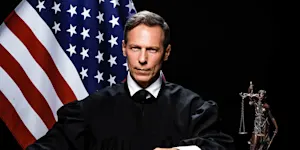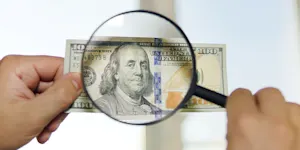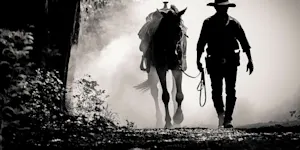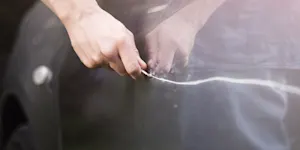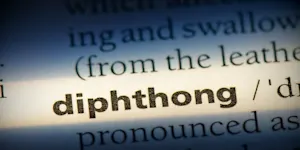What Makes This Word Tick
"Ethereal" is one of those words that just sounds magical, doesn’t it? Usually used to describe something that is delicate, light, or otherworldly, it brings to mind images of misty mornings and angelic choirs. It's like that moment when the sun filters just right through the trees, giving everything a dreamy glow.
If Ethereal Were a Person…
Imagine a ballet dancer effortlessly gliding across the stage, barely touching the floor. This is what ethereal would look like as a person — graceful, delicate, with an aura of otherworldly beauty. You almost fear it might vanish if you blink.
How This Word Has Changed Over Time
Originally deriving from the Latin "aetherius," meaning "of the upper air," ethereal's use has expanded beyond its airy origins. Initially, it might have been used to describe the higher atmosphere but now it often relates to any experience or object that feels like it's part of a fantasy.
Old Sayings and Proverbs That Use Ethereal
Though the word itself isn't common in proverbs, the idea of the "ethereal" aligns with sayings about touching the heavens or spirits being light as air. These expressions tap into the ephemeral, enchanting qualities of life that ethereal represents.
Surprising Facts About Ethereal
Did you know that "ethereal" often pops up in the world of perfumes? It's used to describe scents that are so subtle and refined that they're almost otherworldly. It's also a favorite term in fantasy literature, describing those creatures that seem to float just beyond reality.
Out and About With This Word
"Ethereal" is right at home in conversations about art, fashion, or even a well-plated dish that’s more about aesthetics than sustenance. It's the go-to word when something feels too beautiful for this world, like a silk gown that floats like vapor.
Pop Culture Moments Where Ethereal Was Used
The Lord of the Rings movies beautifully capture ethereal landscapes; think of the elven realms of Lothlórien and Rivendell. Music, too, has its share of ethereal sounds — Enya's music often carries an ethereal quality, full of sweeping, airy notes.
The Word in Literature
"Ethereal" finds a cozy spot in poetry and gothic novels. Think of descriptions in Emily Dickinson's poems or the ghostly settings of Edgar Allan Poe's stories where the word fits the hauntingly beautiful atmosphere.
Moments in History with Ethereal
The Impressionist movement in art, with its dreamy play of light and color, can be seen as an "ethereal" moment in history. These paintings capture fleeting, otherworldly beauty that feels as though it might drift away on the next cool breeze.
This Word Around the World
In Japanese, the concept of "yugen" aligns somewhat with ethereal, capturing the profound beauty of the universe felt through an awareness of its mystery. Different cultures have their own unique interpretations of this otherworldly beauty.
Where Does It Come From?
"Ethereal" first entered the English language in the early 1500s, borrowed from Latin and Greek roots. It’s related to "ether," which was historically considered the clear sky above the clouds and even beyond, a place of pure air.
How People Misuse This Word
Sometimes folks might use "ethereal" to describe something merely light or delicate, but the word implies a depth beyond the ordinary — not just delicate but also infused with an otherworldly quality.
Words It’s Often Confused With
Eclipse: While it too has an airy quality, it is more about interruption rather than essence.
Etherean: Sounds similar but isn’t as commonly used and tends to be a more poetic or archaic version.
Ephemeral: Often confused due to similar sounds, but ephemeral relates to fleetingness over ethereal’s delicate refinement.
Additional Synonyms and Antonyms
Synonyms for ethereal include celestial, delicate, and gossamer. Antonyms would be earthly, substantial, and hefty. Each term paints a picture either of weightlessness or groundedness.
Want to Try It Out in a Sentence?
The sunset cast an ethereal glow over the valley, turning the evening into a scene from a dream.



